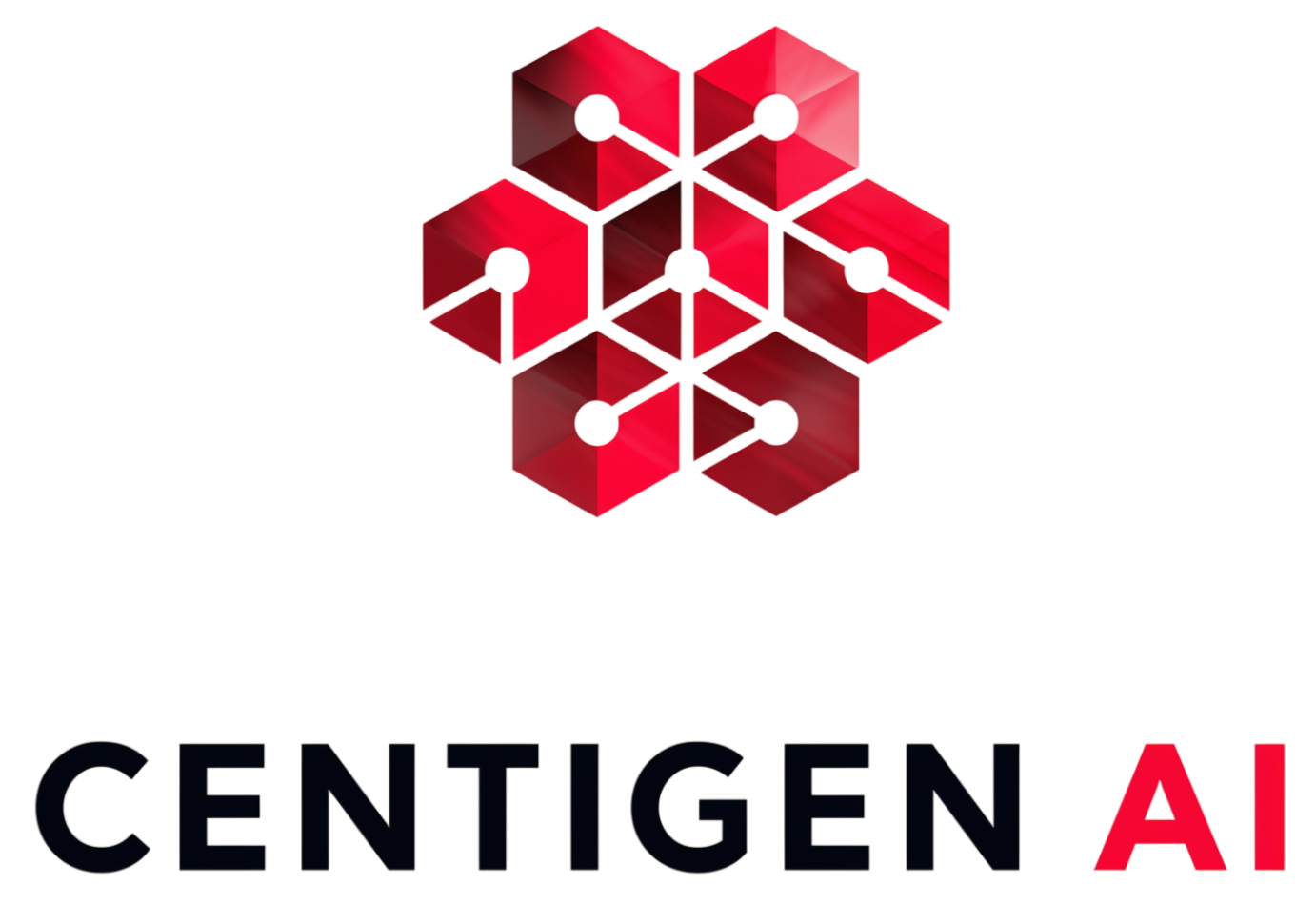AI Agents Are Revolutionising Everyday Life
Autonomous systems that perceive, reason, and act to achieve goals, often interacting with users, environments, or other systems.
Key Characteristics of AI Agents

- Autonomy: Operate independently without constant human intervention.
- Perception: Sense or interpret inputs from their environment (e.g., through sensors, cameras, or APIs).
- Reasoning: Use AI to analyse data, predict outcomes, and make decisions.
- Action: Take actions or provide outputs based on their reasoning, such as controlling a robot, generating text, or interacting with users.
- Learning: Adapt and improve performance over time through feedback or new data.
Types of AI Agents
- Reactive Agents:
Respond to stimuli without maintaining internal states or history.
Example: Chatbots answering simple FAQs. - Proactive/Deliberative Agents:
Use planning and reasoning to achieve goals.
Example: Autonomous vehicles planning optimal routes - Interactive Agents:
Engage in communication and collaboration with humans or other agents.
Example: Virtual assistants like Alexa or Siri. - Hybrid Agents:
Combine reactive and deliberative capabilities for more complex tasks.
Example: AI systems for game playing or multi-tasking robots.
Application of AI Agents
- Sales Agent: Automate lead engagement and demo booking with a 24/7 AI Sales Agent that never misses a prospect.
- Customer Support: Chatbots and virtual agents for help desks.
- Finance: Algorithmic trading agents or fraud detection.
AI agents are widely used across industries and continue to evolve, becoming more intelligent, adaptable, and capable of handling complex tasks.
